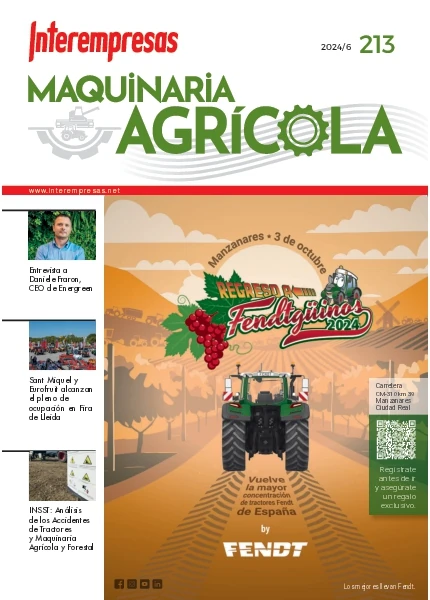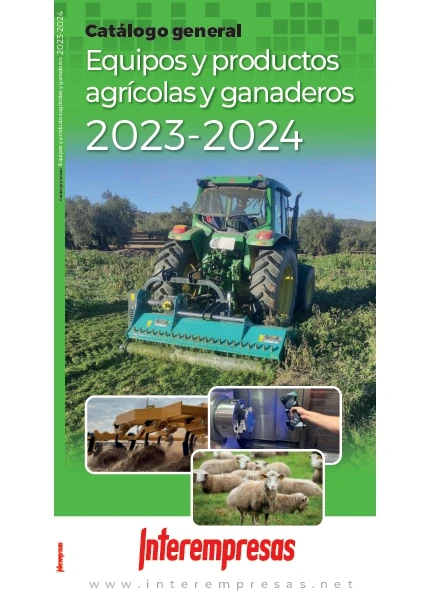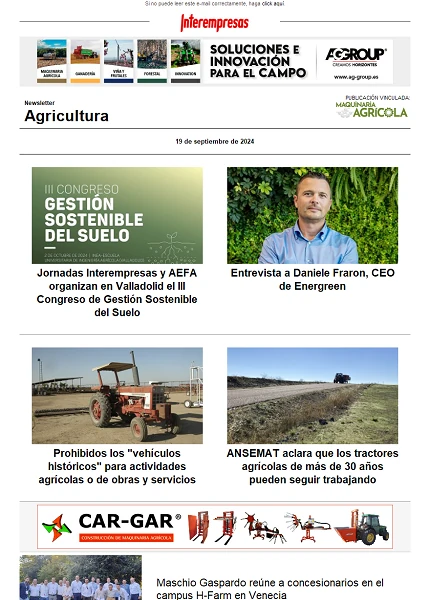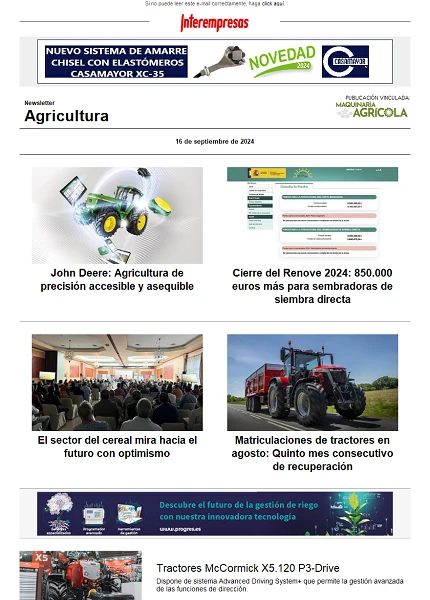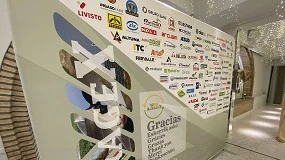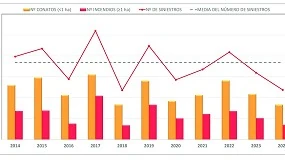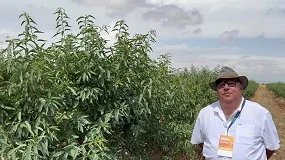The use of organic fertilizers makes climate change
June 29, 2010
A research team of the Polytechnic University of Madrid, in collaboration with the Department of North Wyke Research (Rothamsted Research) of the United Kingdom, has carried out a study on the effect of the use of different organic waste in comparison with inorganic fertilizers on the emissions of CH4 (methane) and CO2. The research solves that in Mediterranean agricultural soils, the use of organic fertilizers, such as the digested slurry, reduces these emissions.
Agriculture is responsible for 10-12% of greenhouse gas emissions greenhouse origin anthropogenic, being the CO2 and the CH4 two of greenhouse gases (GHG) more important. The decrease in emissions in agriculture as well as the increase of sinks (soil carbon sequestration), are some of the mitigation measures arising from the Intergovernmental Panel on climate change (IPCC), group to evaluate the scientific informationtechnical and socio-economic available climate change around the world. Emissions of CH4 and CO2 from the soil into the atmosphere are affected by the application of fertilizers, and the use of organic waste can not only affect emissions, but also promote the accumulation of carbon in the soil. For this reason, researchers in the Group pollution of agro-ecosystems by the agricultural practices of the UPM performed an experiment in a crop of barley to which applied you various types of organic fertilizer (manure and composted waste) and an inorganic fertilizer used traditionally in agriculture, the urea. In summary, the study suggests that in Mediterranean farming systems of dry land, the digested manure anaerobically it turned out to be the treatment most suitable, because it reduced GHG emissions without affecting the production of barley. Also, the use of such products as agricultural fertilizer can dispose of this waste, that occurs in Spain in large numbers and that promotes the build-up of carbon in the soil.


